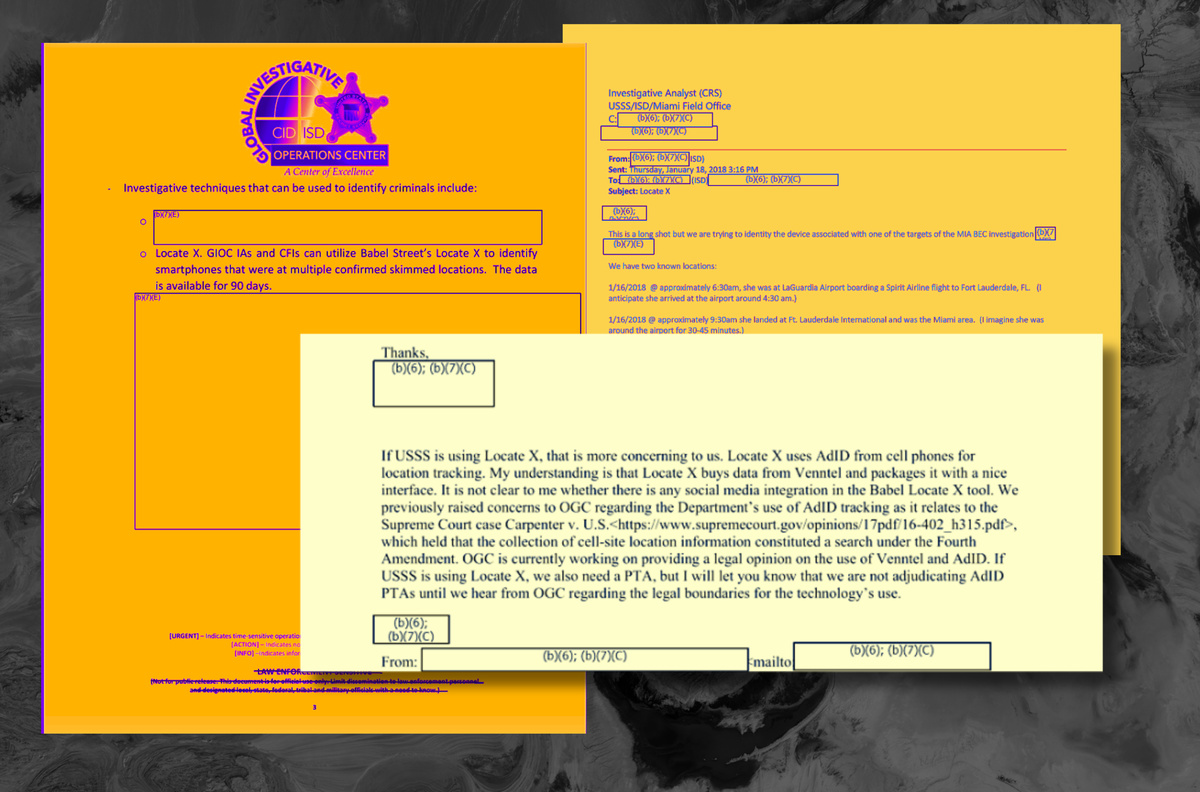[gopher://gopher.floodgap.com/0/feeds/voaheadlines/2024/Aug/18/https---www.voanews.com-a-thailand-s-newest-pro-democracy-party-faces-early-legal-challenge--7747126.html](gopher://gopher.floodgap.com/0/feeds/voaheadlines/2024/Aug/18/https---www.voanews.com-a-thailand-s-newest-pro-democracy-party-faces-early-legal-challenge--7747126.html)
Originally posted by the Voice of America.
Voice of America content is produced by the Voice of America,
a United States federal government-sponsored entity, and is in
the public domain.
Thailand's newest pro-democracy party faces early legal challenge
by Zsombor Peter
BANGKOK --
Leaders of Thailand's newest pro-democracy party are under an ethics
investigation that could see them cast out of the National Assembly
over allegations echoing those that saw the party's predecessor
dissolved by court order earlier this month.
Thailand's National Anti-Corruption Commission said August 8 it had
ordered a probe of 44 opposition members of the parliament accused of
breaking the ethics rules for lawmakers for having sponsored a 2021
bill, which failed, to amend the country's controversial royal
defamation, or lèse-majesté, law.
The announcement came a day after the Constitutional Court dissolved
the progressive Move Forward Party, which won last year's national
election, for campaigning to soften the law, which prescribes up to 15
years in jail for each offense.
The court said the party's efforts posed a threat to national security,
and followed on from its January ruling that the campaign was a veiled
attempt to upend Thailand's constitutional monarchy governmental
structure, a claim the party denied.
All 44 lawmakers now under investigation by the anti-corruption
commission were Move Forward members. Five were banned from public
office for 10 years in the August 7 ruling that dissolved the party.
The other 39 have since joined the People's Party, set up in the wake
of Move Forward's dissolution to take its place, and include its new
leader, Natthaphong Ruengpanyawut.
If the commission concludes the 39 did breach the ethics rules, it
would then send the case to the Supreme Court, which could ban them
from public office as well.
Analysts told VOA the previous court rulings on Move Forward's campaign
to amend the royal defamation law laid the groundwork for their
possible convictions.
"The Constitutional Court has essentially delivered a verdict that
could serve as a catalyst for upcoming verdicts against these 44 MPs,"
said Napon Jatusripitak, a visiting fellow at Singapore's ISEAS--Yusof
Ishak Institute.
The Supreme Court may follow different procedures than the
Constitutional Court and decide to call its own witnesses, he said.
"But it would be quite an interesting outcome if the Supreme Court
ruled in a way that contradicts the Constitutional Court's verdict,
given that the Constitutional Court is treated as the highest court in
Thailand," he added.
Verapat Pariyawong, who teaches Thai law and politics at SOAS
University of London, also pointed to the precedent set by even earlier
court verdicts that banned leaders of Future Forward, a progressive
party that was dissolved by court order in 2020 and then gave rise to
Move Forward.
He said the case of Pannika Wanich was especially relevant. Pannika, a
lawmaker for each party in turn, was banned from public office for life
by the Supreme Court last year for breaking ethics rules by posting a
photo online in 2010 deemed to disparage the monarchy.
"The MPs in this [new] case, they didn't make remarks in the same way
that Pannika did. But they sponsored or they agreed to support the
draft legislation [to amend the royal defamation law] directly or
tacitly. And if the court follows the interpretation in Pannika's case,
they could expand the scope of the law to cover those MPs and therefore
ban them," Verapat said.
Officially, Thailand's constitutional monarchy is meant to stay out of
politics. However, the country's recent string of progressive parties,
and much of their base, say it has long wielded outsized influence over
the government in favor of Thailand's military and conservative elites.
They accuse those forces of weaponizing the royal defamation law to
persecute parties, lawmakers and activists seeking to rein them in and
move Thailand toward a more genuine democracy.
Since 2020, Thailand's courts have charged 272 people with breaking the
royal defamation law, according to Thai Lawyers for Human Rights, a
local advocacy group.
Move Forward made amending the law, to limit who could file related
court cases and lower the maximum jail term allowed, a central plank of
the reform agenda that helped it win last year's general election.
Despite that win, conservative lawmakers blocked the party from winning
a vote in the National Assembly for prime minister, shunting it into
opposition.
Party supporters see the courts and commissions as doing the military
and conservative elite's bidding as well, and the broad language of
some laws and rules as helping them do it.
The ethics rules the 39 People's Party lawmakers are now accused of
breaking say office holders must protect the country's constitutional
monarchy. The analysts, though, told VOA they give little counsel on
what that means, leaving judges ample leeway.
"It's open to interpretation, because '¦ there is no clear definition
about protection of the monarchy," said Titipol Phakdeewanich, a
political scientist at Thailand's Ubon Ratchathani University.
"And when we talk about interpretation, it always means that if you are
the target of the elite or the establishment then they could find
anything to [rule] against you," he added.
The analysts said the People's Party is also running the risk of being
dissolved altogether, as were Future Forward and Move Forward before
it, by carrying on their agenda of amending the royal defamation law.
The party did not reply to VOA's requests for comment. At a news
conference on Aug. 9, though, party leader Natthaphong said they would
"not be careless" in going about it, in hopes of avoiding their
predecessors' fate.
Whatever the new party's fate, the analysts say the monarchy, or how
conservative elites are seen to be using the laws that protect it for
their own ends, will remain a major fault line defining Thai politics
and dividing the public.
"The issue of the monarchy has been used by those politicians who would
like to ensure that they remain in power," said Verapat. "It's those
people who rely on issues of lèse-majesté to attack parties like MFP
or People's [Party], so that dynamic will continue as long as '¦ the
Constitutional Court can rely on lèse-majesté to disband political
parties."
Napon said that may also portent more rocky politics ahead for a
country that has seen 13 coups over the past century and several rounds
of mass, sometimes violent, protests over the last two decades.
"The problem is that it's not clear that political parties can
represent these divides effectively in parliament or during election
campaigns due to legal limits, because these topics are considered
highly sensitive and some off limits by the Constitutional Court," he
said.
"It means parliament will be very inept in representing actual divides
in society," he added. "And that leaves people with grievances that
could only be expressed through means of street protest, which we have
seen before did not lead to meaningful results other than '¦ more
repression and jail time."
#thailand #freedom #liberty #democracy #lèse-majesté #opposition-party #move-forward-party #pro-democracy #peoples-party














